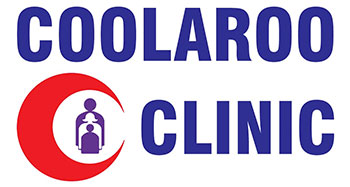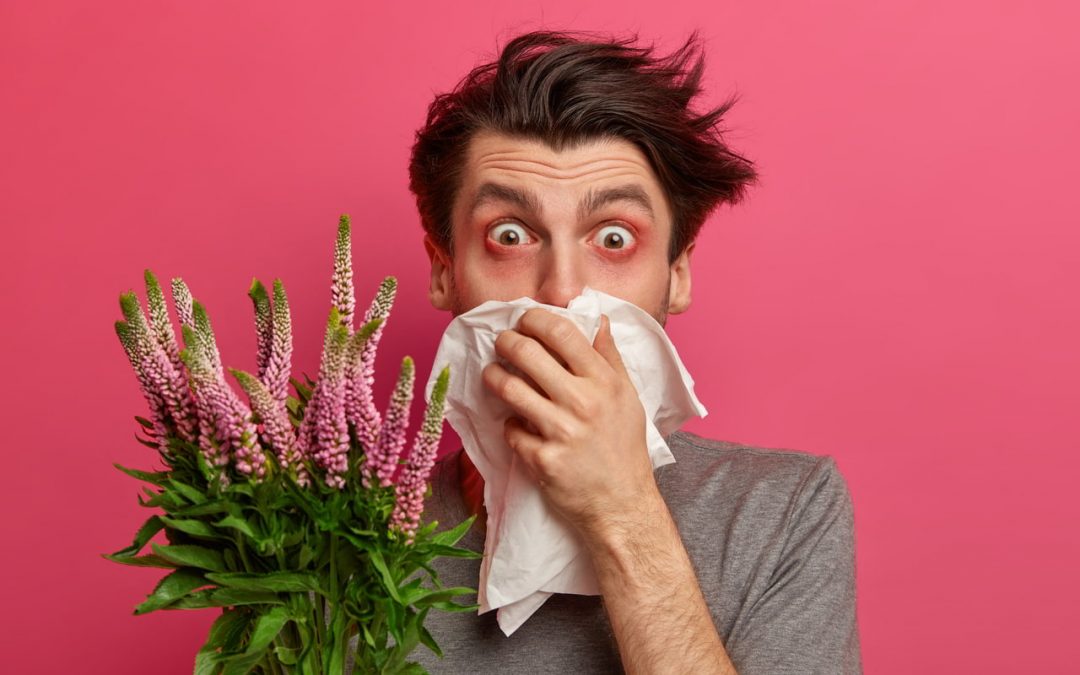Melbourne’s diverse and vibrant landscape is a double-edged sword for allergy sufferers. While the city’s green spaces and changing seasons offer undeniable charm, they also bring fluctuations in allergen levels that can trigger bothersome symptoms. Understanding the common culprits and taking proactive steps can significantly improve your quality of life during these periods.
Common Allergens In Melbourne
- Pollen: As plants begin their new growth cycle in the autumn, pollen from grasses, weeds, and trees becomes a primary concern. Although spring is typically associated with high pollen counts, certain plants in Melbourne release their pollen during the cooler months, affecting allergy sufferers.
- Mould: The increase in rainfall and humidity during April creates an ideal environment for mould spores to thrive, both outdoors and within homes. Mould spores can trigger allergic reactions and asthma symptoms in sensitive individuals.
- Dust Mites: Dust mites are a year-round allergen but can become more problematic as people start using their heating systems, which can circulate dust throughout the home.
Tips for Minimising Exposure to Allergens
Reducing your exposure to allergens can significantly decrease the severity of your symptoms. Here are some effective strategies:
Stay Informed
Check the daily pollen forecast available online or through weather apps. This will help you plan your outdoor activities and take the necessary precautions when pollen counts are high.
Limit Outdoor Activities During Peak Pollen Hours
Pollen counts are typically highest in the early morning and late afternoon. Shifting outdoor activities to midday, when pollen is lower, can help you avoid peak allergen times and manage symptoms better.
Keep Windows and Doors Closed
Keep pollen at bay by keeping your windows and doors closed during high pollen periods and windy days. Using air conditioning with a HEPA filter can also help filter out pollen and improve indoor air quality.
Shower and Change Clothes After Spending Time Outdoors
Pollen can stick to you while you’re outside. By showering and changing clothes once you’re indoors, you can remove these allergens and prevent them from spreading in your home.
Clean Bedding and Soft Furnishings Regularly
Frequent washing of your bedding in hot water and regular vacuuming of furniture can eliminate dust mites and allergens. This practice contributes to a cleaner home environment, reducing allergy triggers.
Invest in an Air Purifier
An air purifier with a HEPA filter can effectively remove allergens like dust mites, pollen, and mould spores from your indoor environment.
Consider Using a Dehumidifier
Mould thrives in humid environments. Using a dehumidifier to keep indoor humidity levels between 30% and 50% can discourage mould growth, addressing another common source of allergens in your home.
Over-The-Counter Remedies
If allergies do strike, here are several over-the-counter remedies that can help manage the symptoms of seasonal allergies:
Antihistamines are medications that counteract the effects of histamine, a substance your body produces in response to an allergen. By blocking histamine, antihistamines can alleviate symptoms such as sneezing, runny nose, itchiness, and watery eyes.
Decongestants work by narrowing the blood vessels in your nasal passages. This reduces swelling and congestion, making it easier for you to breathe.
Nasal corticosteroids are spray medications that tackle inflammation within your nasal passages. They help ease symptoms like congestion, runny nose, and the drip you might feel at the back of your throat, providing comprehensive relief.
*Important Note: Always consult with a healthcare professional before starting any new medication, especially if you have any existing medical conditions or are taking other medications.
When to Seek Medical Assistance
While over-the-counter medications can effectively manage mild allergy symptoms, there are situations when seeking professional help from a doctor or allergist is crucial. If you experience any of the following, it’s time to consult a healthcare provider:
Severe or Persistent Symptoms
Seek medical advice if over-the-counter medications don’t relieve your symptoms or if your allergies significantly disrupt your life.
Breathing Difficulties
If you experience trouble breathing, it could indicate a serious condition like anaphylaxis. Immediate medical help is essential.
Concerns About Medications
When unsure about which medication to use or concerned about side effects, consulting with a healthcare provider can offer guidance and ensure safe treatment.
Symptoms Worsen Despite Medication
If your condition deteriorates despite medication, it might signal an underlying issue. A healthcare professional can assess your symptoms and recommend the necessary steps to address the problem.
Breathe Easy This Autumn In Melbourne
Managing seasonal allergies in Melbourne is all about being prepared, taking steps to avoid allergens, and knowing when to visit your local doctor. Use these tips to help you navigate allergy season comfortably and enjoy Melbourne’s beautiful seasons with minimal allergy disruptions.
Visit Coolaroo Clinic For Allergy Advice
If over-the-counter solutions haven’t improved your condition, it’s time to take control of your health. At Coolaroo Clinic, our dedicated healthcare professionals are here to help you navigate your allergy challenges and find the long-term relief you deserve. Make a booking with us today and start your first steps towards an allergy-free season.

